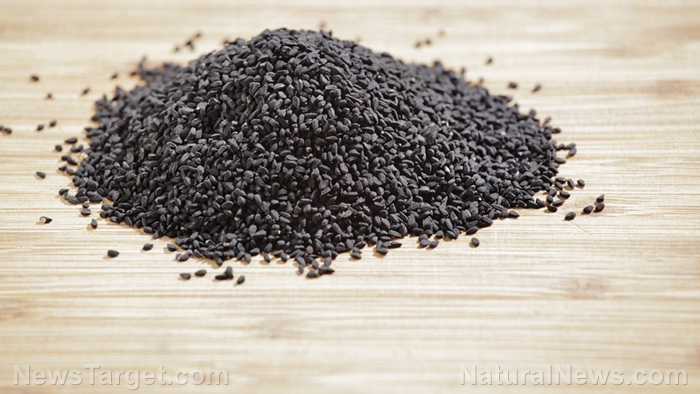Is glyphosate contributing to the rise in autism? What mice models tell us…
03/01/2018 / By Edsel Cook

Recent experiments on autistic laboratory mice have established a connection between human autism and the negative effects of the herbicide glyphosate, warned a chilling Green Med Info news article.
Glyphosate is the activate ingredient in the prevalent herbicide Roundup, which is used on important food crops. The chemical has deleterious effects on human biology, such as disrupting the beneficial bacteria found in the gut.
Researchers noted the parallels between the sharp increase in glyphosate usage and a hike in the number of autism cases during the same time period. They believed glyphosate could account for many of the symptoms and biological metrics of autism, reported Green Med Info. (Related: Follow the money: Monsanto-influenced lawmakers side with chemical industry, question IARCs findings on glyphosate, threaten to cut funding to the WHO.)
To test their hypothesis, they performed experiments on mice, a common laboratory animal that can develop a syndrome similar to human autism.
The researchers used multiple models of mice in their experiment. One model consisted of specimens of the BTBR strain. These mice are known for their weaker-than-normal gut microbiomes. A second model was created by contaminating the brain of a pregnant female mouse with a chemical, causing its babies to express autistic behaviors.
“Remarkably, these mutant mice recapitulate almost the full range of autistic symptoms,” observed the researchers.
Autism linked to loss of enzymes in brain, guts
The study found that autism in mice occurred when their brains failed to produce important biological molecules like heparan sulfate (HS) that are involved in the proper development of the brain and other biological parts.
BTBR mice are naturally incapable of synthesizing HS. The second model of mice lost the capability because the chemical contamination of their mother’s brain shut down a gene that encodes an enzyme used in HS synthesis.
There are parallelisms in studies of human autism. If glycogenes do not produce enzymes that help synthesize HS, the brain fails to develop correctly, leading to a much higher chance of autism in the child.
Green Med Info cited an earlier study, also involving BTBR mice, that revealed problems in the gut microbiome could affect the brain due to the two-way connection afforded by the gut-brain axis.
The liver normally turns cholesterol into bile acids that are either stored in the gall bladder or synthesized by gut bacteria to release taurine and glycerine. But the livers of BTBR mice produced smaller amounts of bile acids and their gut bacteria were less efficient in synthesizing taurine.
Glyphosate, the great enzyme disrupter
The Green Med Info article traced these genetic deficiencies to heavy exposure to glyphosate over the course of many generations. Glyphosate has been proven to disrupt enzymes responsible for synthesizing bile acids and taurine, and crops contaminated by the herbicide would have been processed into food for BTBR mice.
The chemical also hampers the production of the neurotransmitter serotonin and acetate, a molecule used to power cellular processes. Low levels of serotonin and acetate are typical for depressed and listless autistic children.
In short, the study concluded that glyphosate can be linked to autism because it disables important enzymes and vital processes involved in the healthy development and growth of living things like mice and humans.
Glyphosate enjoys widespread use as a herbicide and drying agent. It is sprayed onto wheat, sugar cane and other core crops eaten by numerous Americans and their children.
According to the Centers for Disease Control and Prevention, 2017 saw the highest recorded levels of autism in recent times. Nearly one out of every 36 children in the U.S. is considered autistic.
Find out more about glyphosate’s negative effects on your health by visiting Glyphosate.news.
Sources include:
Tagged Under: agriculture, autism, brain damage, chemicals, cognitive damage, crops, glyphosate, glyphosate and autism link, Glyphosate caused birth defects and cancer, gut bacteria, herbicide, Roundup, symptoms, toxic chemicals, toxins



















